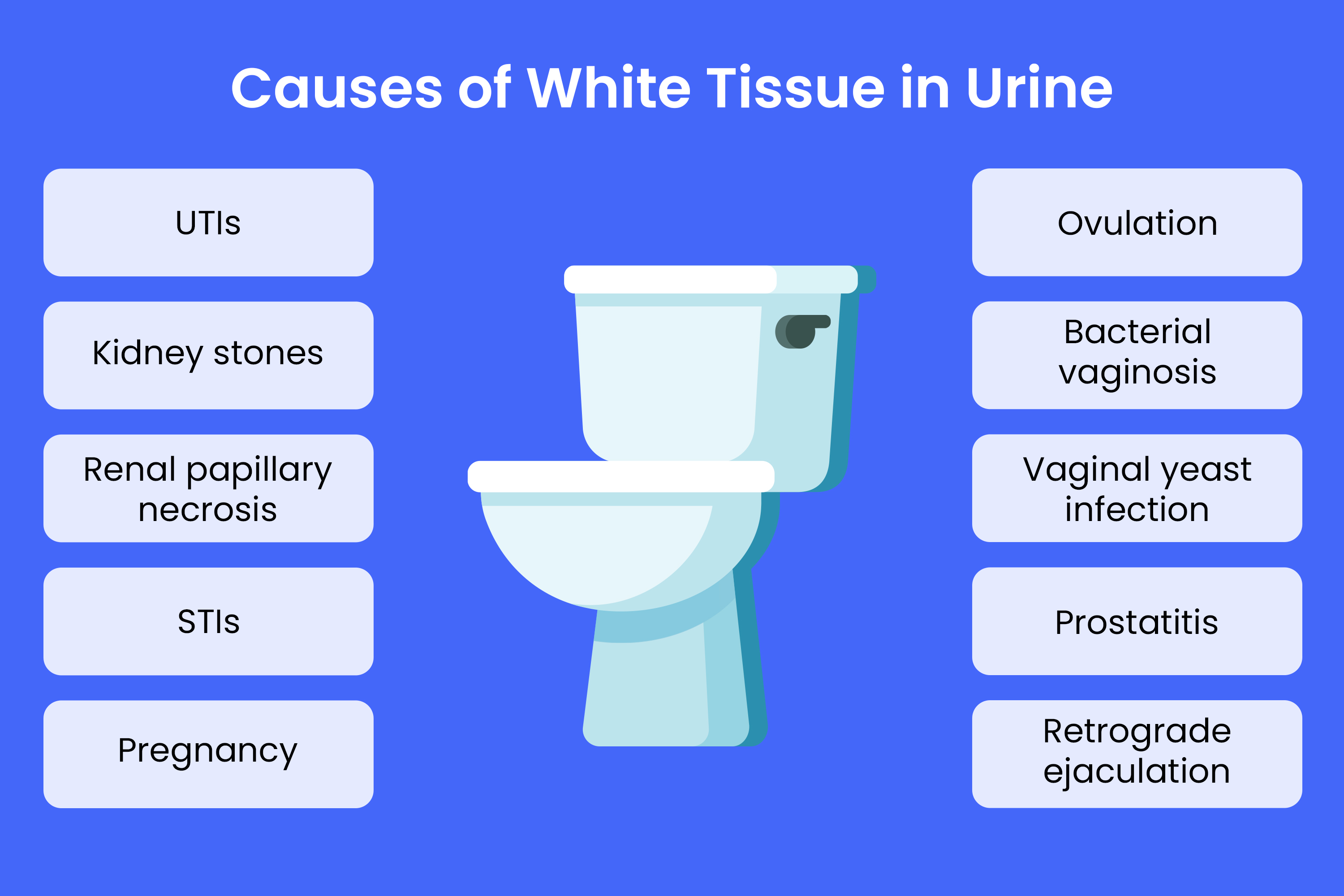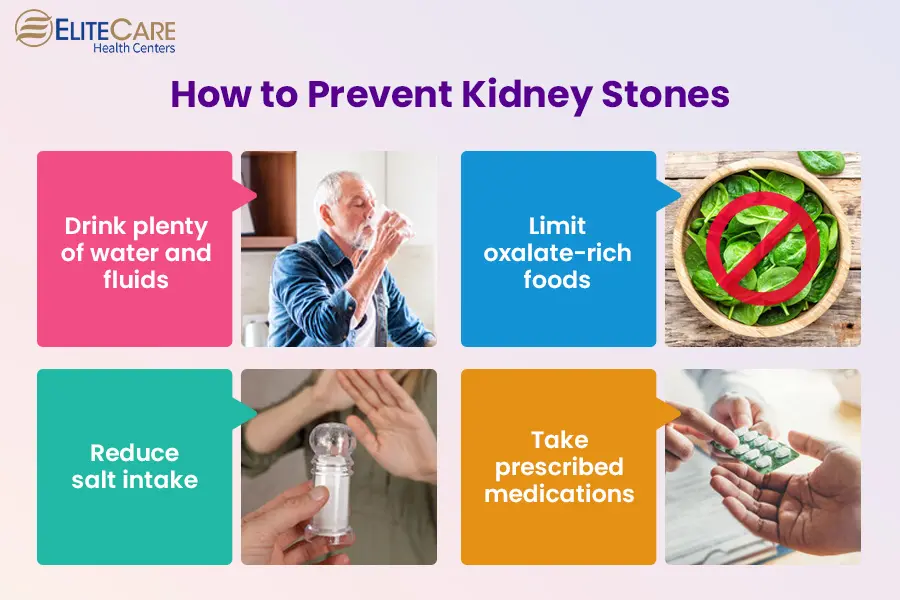Kidney Stones vs UTI: Exactly How to Recognize and Deal With Each Problem Efficiently
Kidney Stones vs UTI: Exactly How to Recognize and Deal With Each Problem Efficiently
Blog Article
Comprehending the Secret Differences Between Kidney Stones and Urinary System Tract Infections: A Detailed Review for Clients
Understanding the differences between kidney stones and urinary system system infections (UTIs) is important for clients that may be experiencing similar signs and symptoms yet encounter greatly various health and wellness obstacles. While both conditions can manifest discomfort in the lower abdominal area or back, their underlying causes, diagnostic approaches, and therapy procedures deviate substantially. A nuanced comprehension of these distinctions not just aids in precise self-assessment but likewise notifies discussions with doctor. As we discover these essential aspects, it becomes clear that recognizing the special characteristics of each condition can profoundly affect client end results. What might be the most effective method to addressing these distinctions?
Introduction of Kidney Stones
The development of kidney stones, a agonizing and usually devastating condition, underscores the vital significance of preserving renal health. The main kinds of kidney stones consist of calcium oxalate, calcium phosphate, uric acid, struvite, and cystine stones, each with distinctive reasons and threat aspects.
Several aspects contribute to the formation of kidney stones. Dehydration is a substantial risk, as insufficient fluid intake can bring about focused pee, advertising crystal development. Nutritional behaviors, consisting of high salt and oxalate intake, can aggravate the threat. Additionally, metabolic problems and particular clinical problems may incline people to stone formation.
Signs and symptoms of kidney stones can consist of serious flank discomfort, hematuria, and nausea or vomiting, which frequently prompt urgent medical assessment. Treatment alternatives differ, varying from enhanced fluid consumption and nutritional adjustments to medical interventions such as lithotripsy or surgical elimination, depending upon the size and location of the stones. Comprehending these elements is necessary for effective avoidance and monitoring.
Review of Urinary System Infections
Urinary system tract infections (UTIs) represent a common yet substantial health problem, affecting millions of people each year. These infections happen when bacteria go into the urinary system, which consists of the kidneys, ureters, bladder, and urethra.
The threat aspects for creating a UTI include sexual activity, specific kinds of birth control, urinary system retention, and a history of previous infections. People with weakened immune systems or pre-existing conditions, such as diabetes mellitus, might also go to better risk. UTIs can be identified right into two major kinds: complicated and straightforward. Uncomplicated UTIs are usually restricted to the bladder and are extra typical in healthy and balanced individuals, while complex UTIs may include the kidneys and take place in those with underlying wellness concerns.
Motivate medical diagnosis and treatment are important to prevent problems, such as frequent infections or kidney damages (Kidney Stones vs UTI). Usually, UTIs are treated with antibiotics, and preventative actions can be used for those with regular occurrences
Typical Signs And Symptoms Comparison
Symptoms of urinary system tract infections and kidney stones can commonly overlap, leading to confusion in diagnosis. In contrast, kidney stones tend to trigger severe, sharp discomfort that emits from the back to the lower abdominal area and groin, typically defined as colicky pain.
In addition, UTIs might be come with by high temperature and chills, particularly in a lot more extreme situations, while kidney stones can lead to nausea or vomiting and throwing up due to intense pain. While discomfort throughout peeing is a characteristic of UTIs, kidney stones generally provide with even more acute pain episodes, which may come and go.
Diagnosis Techniques
Exactly how can healthcare experts precisely separate in between kidney stones and urinary system tract infections? The analysis procedure starts with a complete medical history and a comprehensive testimonial of the individual's symptoms. Medical professionals frequently do a checkup, which may disclose inflammation in the abdominal area or flank area, assisting the analysis path.
Lab tests play an important function in differentiating in between these two problems. Kidney Stones vs UTI. A urinalysis can recognize the visibility of blood, crystals, or germs, which are a sign of either problem. In situations of urinary system infections, the urinalysis might show a substantial existence of leukocyte and nitrites, while kidney stones may present with particular crystals
Imaging studies, such as stomach ultrasound or computed tomography (CT) checks, are crucial for imagining kidney stones. These imaging methods YOURURL.com make it possible for doctor to assess stone size, area, and possible blockages in the urinary system. In contrast, urinary system infections usually do not require imaging unless difficulties are presumed.
Together, these analysis techniques empower medical care experts to properly identify and differentiate in between kidney stones and urinary system infections, making sure that patients get appropriate treatment and administration.
Treatment Alternatives and Prevention
While both kidney stones and urinary tract infections (UTIs) require prompt treatment, their monitoring methods vary considerably.
The therapy for kidney stones commonly involves pain management, hydration, and in many cases, medical treatments such as extracorporeal shock wave lithotripsy (ESWL) or ureteroscopy to remove or break down stones. People are regularly advised to boost liquid consumption to help with stone passage and minimize reappearance. Dietary adjustments might also be required, relying on the stone kind.
On the other hand, UTIs are primarily treated with prescription antibiotics to eliminate the bacterial infection. The details antibiotic recommended relies on the germs determined and local resistance patterns. Additional actions, such as boosted fluid consumption and urinary system anesthetics, might assist alleviate symptoms.
Avoidance methods differ as well; for kidney stones, keeping sufficient hydration and adhering to dietary constraints can be efficient. For UTIs, preventative Your Domain Name methods consist of proper hygiene techniques, urinating after intercourse, and possibly prophylactic antibiotics for recurrent infections. Comprehending these therapy and prevention modalities is important for reliable administration and to minimize the danger of problems associated with both problems.
Verdict

Comprehending the distinctions between kidney stones and urinary system tract infections (UTIs) is vital for people that may be experiencing similar signs yet encounter vastly different health and wellness challenges. The main kinds of kidney stones consist of calcium oxalate, calcium phosphate, uric acid, struvite, and cystine stones, each with distinct causes and danger factors.

Report this page